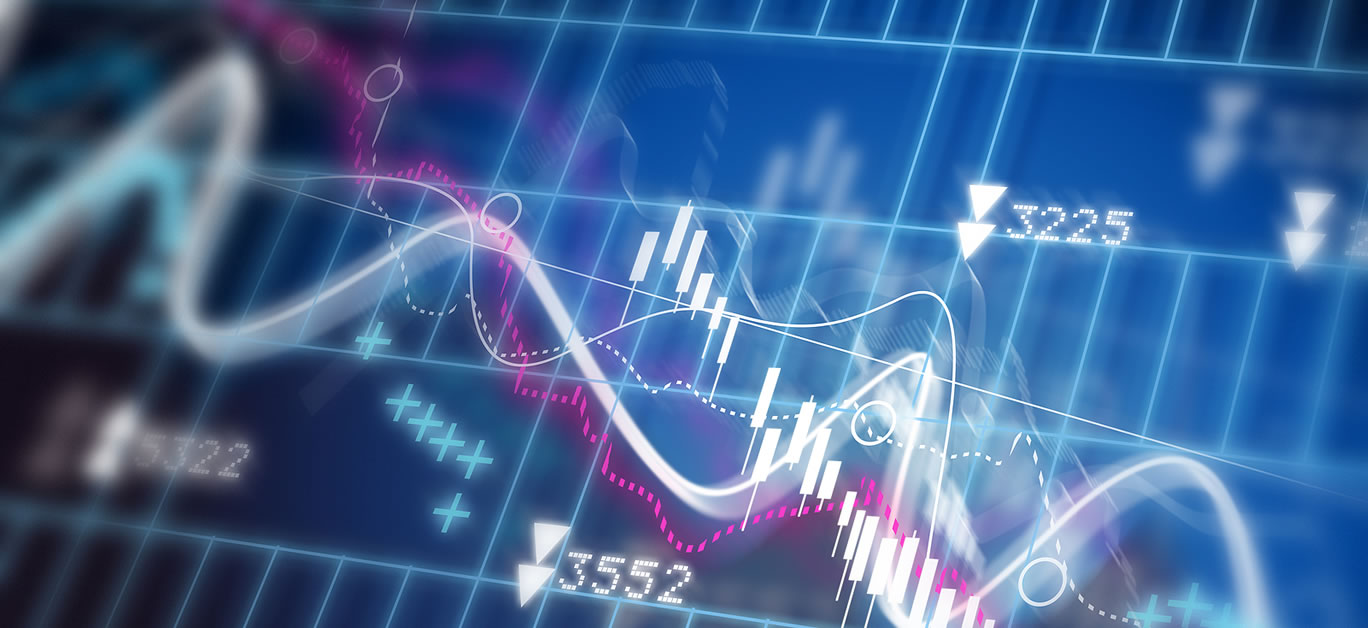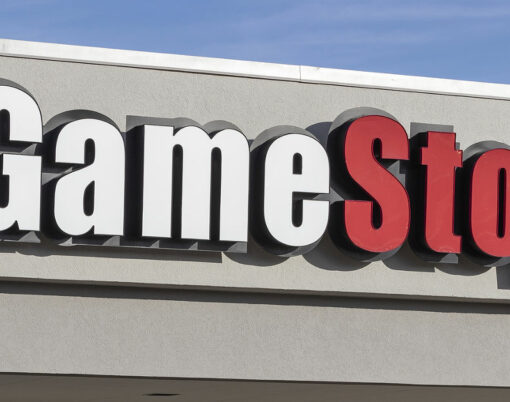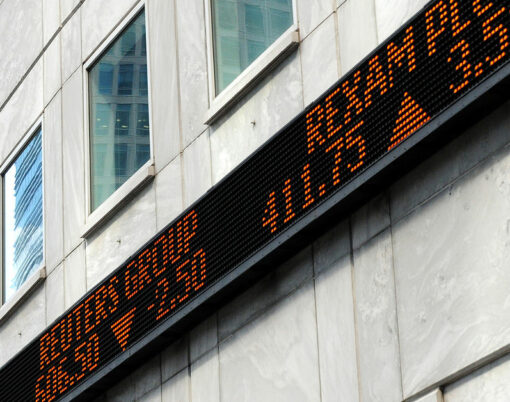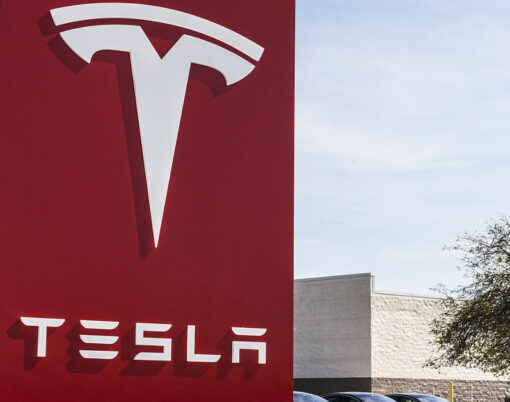It’s been a turbulent year for the stocks and shares market, with some dramatic peaks and troughs punctuation the past twelve months in everything from fossil fuels to cryptocurrencies. From complete newbies to seasoned pros, anyone involved with stock trading is now likely reassessing their strategies as the year comes to a close and we begin looking towards 2023. But the global issues and economic crises that have blighted 2022 aren’t over yet, and there are several factors that are likely to influence the stock market for the foreseeable future.
Here, we look at three of the biggest factors to keep in mind when devising your 2023 trading strategy. Each of them is almost guaranteed to have huge sway over the market’s performance and shouldn’t be overlooked, so keep an ear out for developments on each of them now, and in the new year, to stay one step ahead of the game.
The new UK Prime Minister

The tenure of previous Prime Minister Liz Truss in number ten lasted just 43 days – the shortest in history – but when you consider just how dramatically her ill-advised decisions around tax cuts and the economy affected the stocks and shares market, it’s easy to see why her term was so short-lived.
Now, with her successor, Rishi Sunak, installed in her place, the markets have initially reacted favourably, with asset value boosted and the pound surging against the U.S. dollar – but the former chancellor now faces attempting to stabilise the nation’s economy following on from a period of intense market volatility, and his next move could determine what this means for the markets in the new year.
Economic pressure in Europe
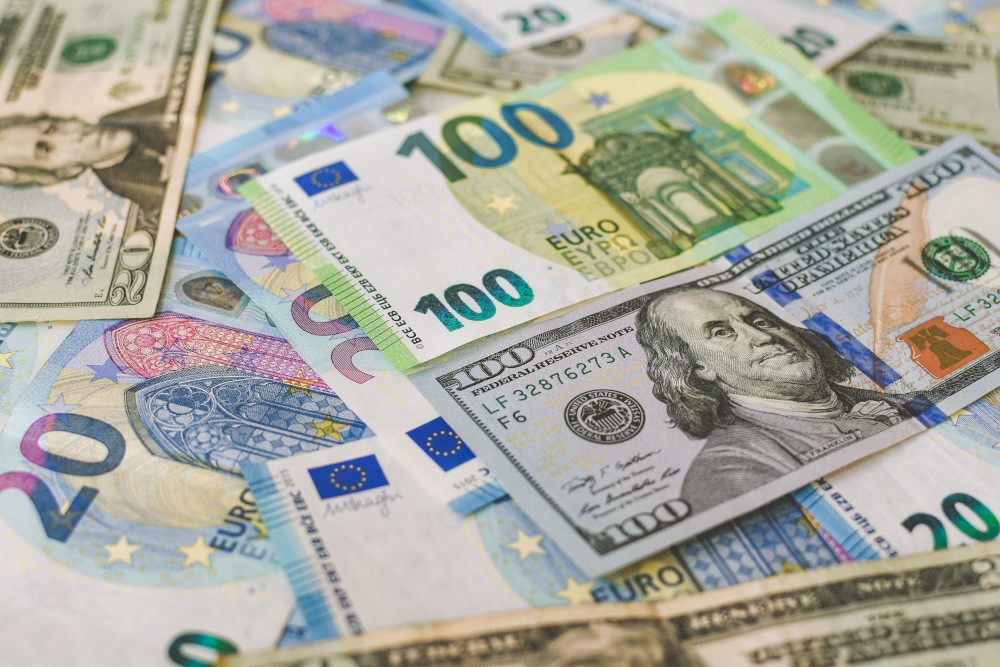
As the Russian invasion of Ukraine rages on, energy remains a central focus for European equity markets, with gas supplies to the continent continuing to be squeezed in the Kremlin’s response to the economic sanctions placed upon it by NATO.
In 2023, Russia could continue to place pressure on the EU in a bid to have these sanctions lifted, and if this is the case, then energy prices will continue to surge across the continent as well as in the UK. European Commission president Ursula Von Der Leyen has said that rationing measures may be necessary to cope with resulting shortages, which in turn will see the European Union reduce its consumption across the board.
Just like in the UK, inflation is rising rapidly in the EU, surpassing market predictions of up to nine percent. With this in mind, we could be about to see the ECB (European Central Bank) further hiking interest rates and the predicted recession, which is approaching fast, could be deeper and lengthier than first expected.
De-escalation of the Ukraine conflict

On a more positive note, it’s possible that the Russian-instigated war in the Ukraine could be about to de-escalate over the coming months. Ukraine has put on an impressive counter-offensive and taken back much of the land that has been captured by Russia during the conflict – but while this news has been largely welcomed, there remains the fear that Russia could fight back with renewed intensity. Vital infrastructure and heating systems could become targets, but on the other hand, it could lead to a gradual slowing of the war and eventually, a ceasefire.
Should the latter occur, then this could catalyse a material rally in European equities and undo some of the major losses seen over the months since the invasion in Ukraine first began. The effects of surging inflation and fears of widespread recessions across Europe will likely remain, but these, too, could diminish somewhat – potentially leading to a boost to stock and share prices as they begin trading on higher earnings multiples.
Currently, the sentiment towards European equities remains decidedly negative, which has made seeing success in trading across the continent difficult – but as we head into a brand-new year, we can unanimously hope that could be about to change. An end to the war would be the best Christmas present many of us could ask for for Ukraine, with the knock-on effect on the stock market simply an added bonus.












